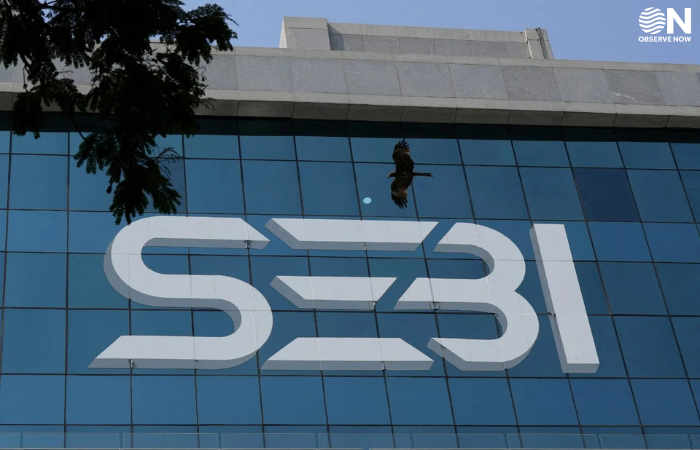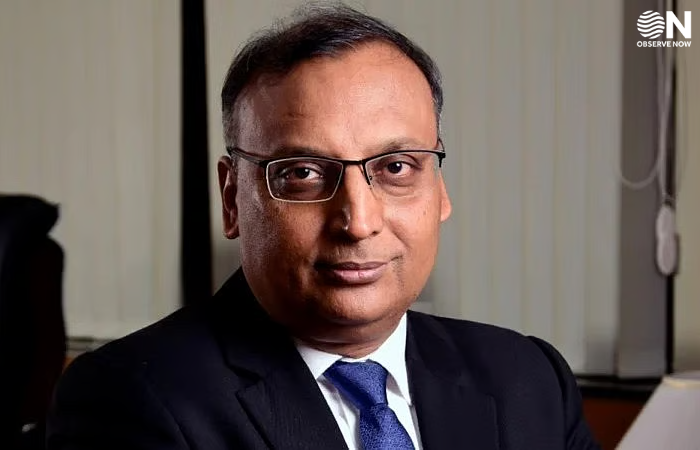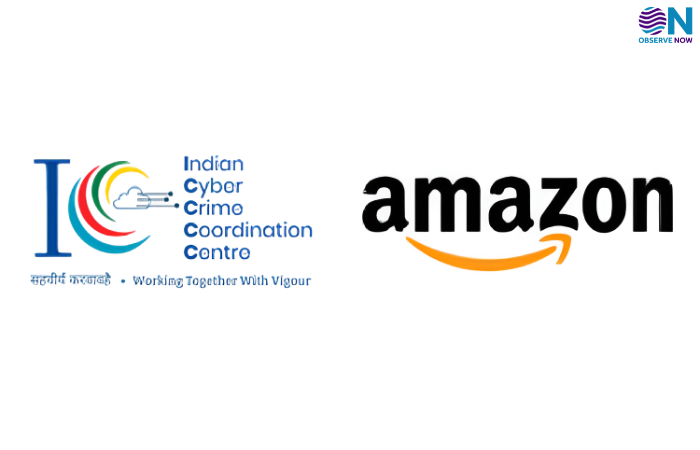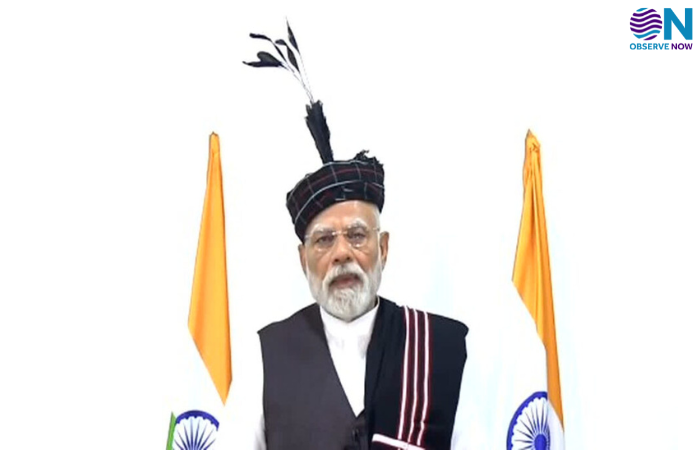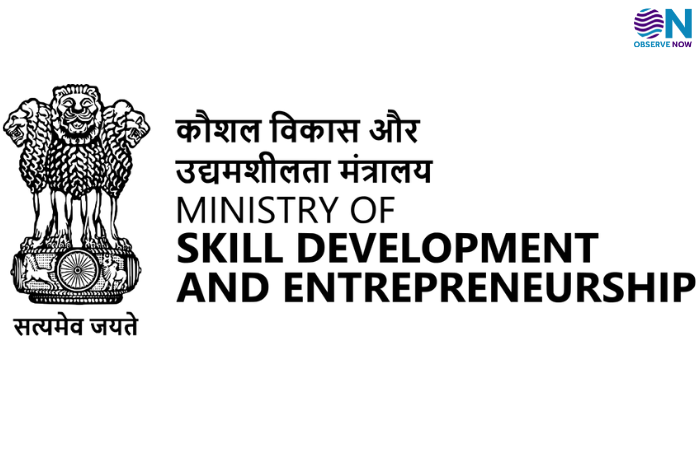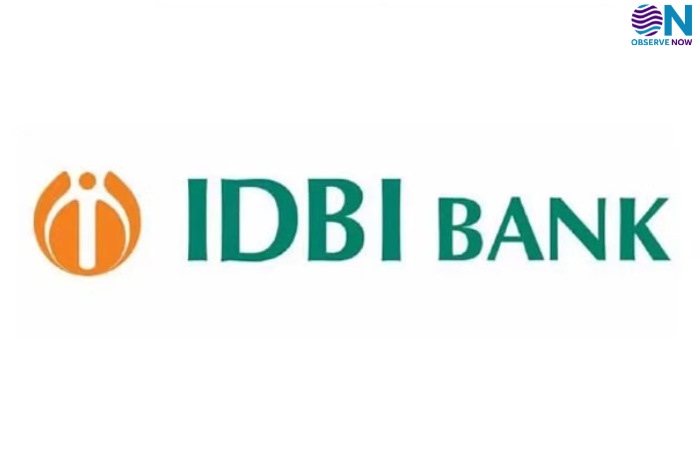SEBI Eases Entry Norms for Foreign Portfolio Investors to Boost Indian IPO Market
The Securities and Exchange Board of India (SEBI) has introduced a series of measures to simplify the entry of Foreign Portfolio Investors (FPIs) into the Indian market, aiming to attract more overseas funds and stimulate the country’s IPO ecosystem. Announced on September 13, 2025, these reforms are designed to make investment procedures more efficient, reduce regulatory burdens, and encourage greater participation by global investors in Indian equities.
Key aspects of SEBI’s new framework include the introduction of a single-window clearance system for FPIs, which streamlines approvals and reduces administrative delays. The regulator has also relaxed compliance requirements, making it easier for foreign investors to operate while maintaining necessary oversight. Additionally, IPO norms for large-cap companies have been eased, allowing greater flexibility in public offerings and facilitating quicker access to capital for major firms.
By simplifying these processes, SEBI aims to enhance India’s attractiveness as a destination for global capital. Increased foreign participation can bring in long-term investment, boost market liquidity, and support the growth of domestic companies seeking public funding. Analysts note that these reforms could significantly strengthen investor confidence and improve the overall efficiency of India’s capital markets.
The regulator emphasized that these changes are part of a broader strategy to modernize India’s financial market infrastructure and align it with global best practices. By reducing entry barriers and administrative hurdles, SEBI intends to position India as a favorable investment destination for institutional and high-net-worth foreign investors.
Overall, SEBI’s measures are expected to provide a significant boost to the Indian IPO market, enhance market depth, and attract more foreign capital. The reforms underline the regulator’s commitment to fostering a transparent, efficient, and globally competitive investment environment while supporting the growth and development of domestic enterprises through stronger market participation.


